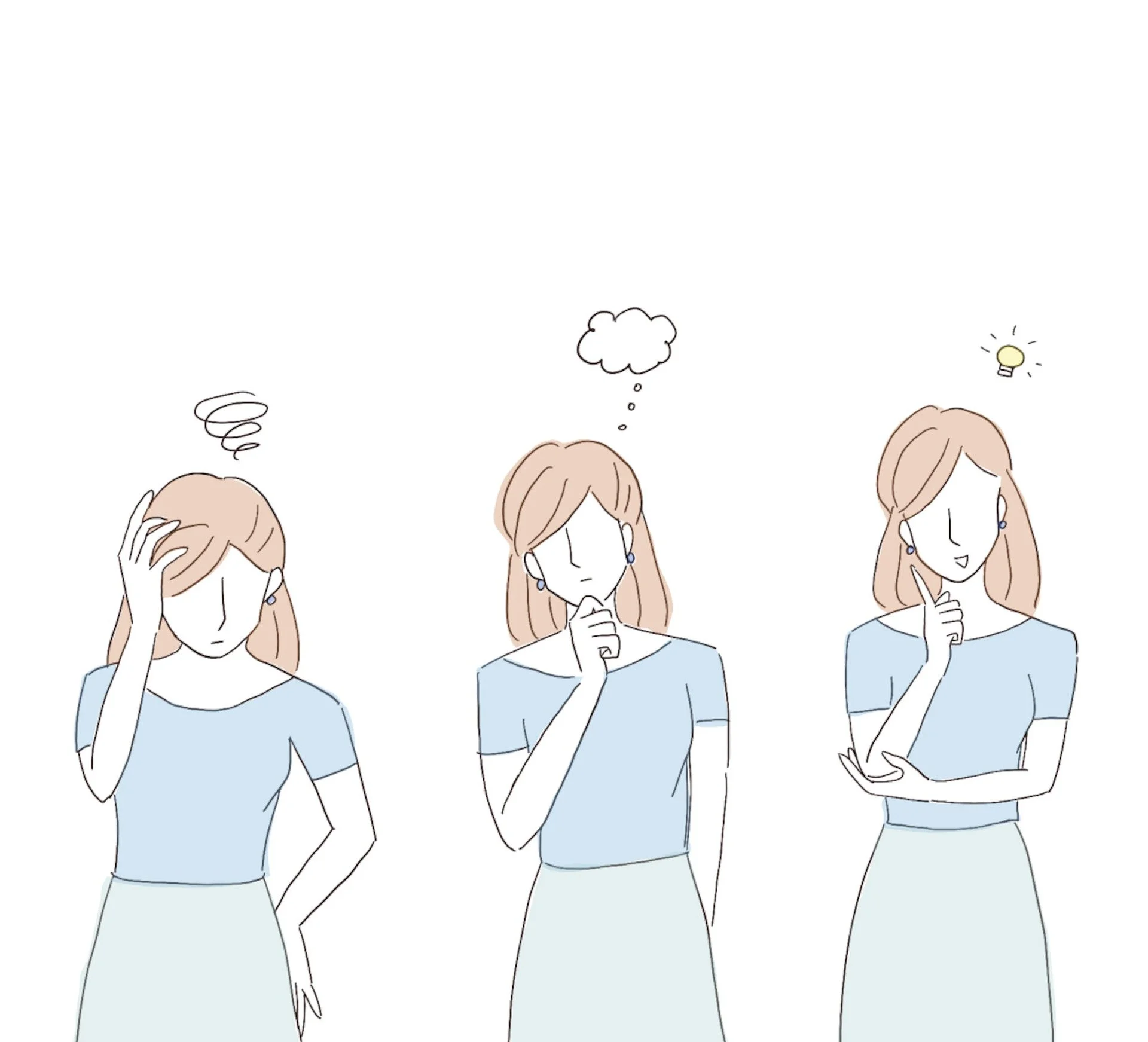When to Ignore Productivity Gurus
The first law of beginning your working life is that someone else’s definition of productivity will be outsourcing their work to you. However, just like in The Devil Wears Prada, you could be told to be more productive if you say getting an unpublished Harry Potter book may fall outside your job description.
Still, what does productivity mean? To certain industries, it’s a celebration of spending all your time at work. Some banks and law firms are famous for their employees having to go through “The Magic Roundabout” where after an all-nighter a taxi waits for you to have a shower at home before taking you back into the office.
This is why a “hustle culture” has sprung up with people, often without much in the way of qualifications, that will tell you that you are one overpriced notebook away from being the best version of yourself. These so-called gurus will often imply that the problem is you rather than the expectations placed on you always to be productive.
Before listening to a productivity guru, consider these four things:
1. Do they specialise in generic meaningless slogans?
2. Are they trying to sell me a “Happiness Journal” for 5 times the price of a notebook?
3. Will they be sharing advice that has no scientific basis?
4. Finally, and most importantly, are they trying to attribute their own success to productivity instead of personality?
Now more than ever, it’s essential we reappraise how productivity is talked about. For too long the emphasis has been on individuals working at a high intensity without regard for the long-term impact. By keeping people in perpetual motion, it prevents reflection on whether what they’re doing is truly productive and damages their health.
We are already seeing the consequences of this. Stress levels are at a record high and there’s a growing awareness of the importance of mental health both individually and at a societal level. Perversely insisting people are always available may result in more working hours lost and a higher staff turnover.
In a blow to the “hustle harder” orthodoxy, studies imply a 4-day week helps people to be more productive, not less. As Buddha observed thousands of years ago, the six best doctors are sunshine, water, rest, air, exercise, and diet. We’d do well to remember this today. Even Bill Gates implies he’s worked too much. In fact, in the documentary following his life he admits that his view that sleep was for the dead most likely had negative health implications for him.
To conclude, it’s time we venerated those who work intelligently, not necessarily intensively. The stress, complexity and the always-on nature of modern work calls for different solutions to the challenges of the past. As Henry David Thoreau observed “It is not enough to be busy, so are the ants. The question is: What are we busy about?”. If the way we work is not helping us or our organisations in the long term, it’s time we stopped venerating those whose advice is destructive.
To learn more about a way to work that will help you and not hurt you, join our upcoming Sustainable Productivity course with former Google executive Connor Swenson and Claire Dinan of Forgewell.





